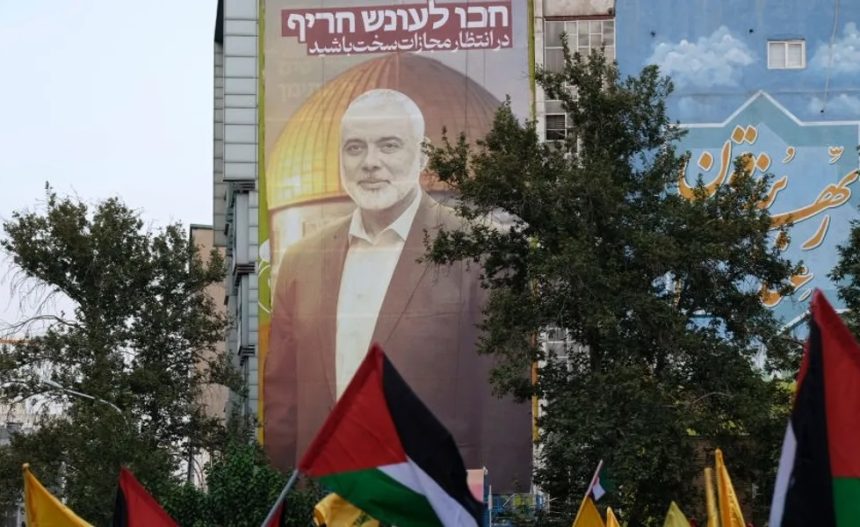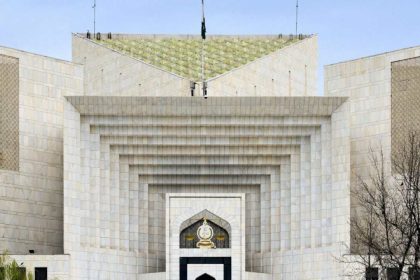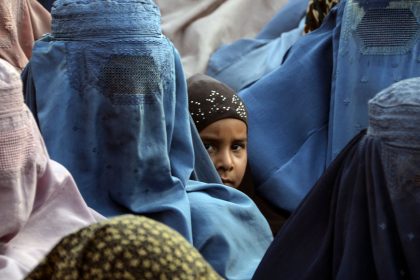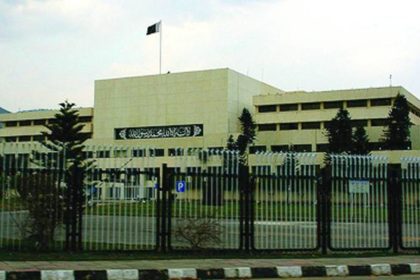Ismail Haniyeh, a prominent advocate for Palestinian self-determination and top Hamas leader, was assassinated on Wednesday in what has been described as a ‘Zionist airstrike’ on his residence in Tehran, a day after he participated in the swearing-in ceremony of Iran’s new president. Iran announced the assassination immediately but shared no details as to how the airstrike was coordinated.
It said the incident was being investigated. However, analysts on Iran’s state television immediately started pointing fingers at Israel. In a statement, Abdul Salam Haniyeh stated that his father had survived four assassination attempts before achieving his desired martyrdom. He said the attack would not deter their resistance. The incident sparking a widespread shock and dismay, especially across Pakistan, and invited condemnation from across the world.
Reckless behavior
In Islamabad, the Foreign Office condemned the incident and called for an end to “growing Israeli adventurism”. In a statement, it offered condolences to the Palestinians and said that Israel’s “reckless behavior” and actions were detrimental to peace efforts in the region. National Assembly Speaker Sardar Ayaz Sadiq called the attack a shameful act that showed Israel’s “brutality and aggression”. He said Ismiel Haniyeh’s sacrifices for the cause would never be forgotten.
Reacting to the assassination, Senator Mushahid Hussain Syed referred to Haniyeh as a “great warrior” and said his martyrdom would further fuel the liberation struggle. In Pakistan, absentee funeral prayers were also arranged in different cities for the slain Hamas leader. Jamaat-e-Islami chief Hafiz Naeemur Rehman led the funeral prayers in absentia on Liaqut Road in Rawalpindi, while the political party arranged similar prayers in other cities as well. It also decided to postpone a protest against inflated electricity bills that it had planned outside the Governor’s House.
A large number of people participated in the funeral prayers, especially on the one arranged on New MA Jinnah Road in Karachi. Later, members of the Palestine Foundation staged a protest rally from Fawara Chowk to the Karachi Press Club in Karachi. They hailed Ismail Haniyeh for laying down his life for the Palestine cause, adding that his martyrdom was a source of strength and not a sign of weakness.
Extended loss
Ismail Haniyeh’s assassination came just three months of the assassination of his three sons and four grandchildren in an Israeli airstrike on their car in Gaza. This wasn’t the only time he had faced family losses. In June, at least 10 members of his family, including his sister, fell victim to an Israeli airstrike on a refugee camp. According to some reports, at least 60 of his family members have died in the war, including his brothers and nephews. He himself had left the Gaza Strip in 2019 and lived in exile, mostly in Qatar.
Relations with Pakistan
Ismail Haniyeh, who served as the prime minister of Palestine in 2006, has had a great relationship with Pakistan. He had visited this South Sian country multiple times, mainly to seek support for the Palestinian cause and to strengthen ties between Hamas and the local political and religious leadership. During his interactions, both virtual or in person, he had always stressed the importance of Pakistan’s support in countering Israeli aggression. In one of the dialogues held in December last year, he had referred to Pakistan as a brave nation and land of mujahideen, underscoring the high expectations Palestinians have from Pakistan.
Peace efforts
The Western world had often portrayed Ismail Haniyeh through a lens focused on conflict and resistance, and barely highlighted his peace initiatives. His efforts for lasting peace in the Middle East had repeatedly been overshadowed by the ongoing aggression by Israel, but he had always tried to balance resistance with diplomacy. He had always advocated for the recognition of Palestinians’ rights and sovereignty, and highlighted the importance of international support and dialogue at every forum.
He was responsible for ceasefire agreements negotiated with Israel, and played a key role in brokering a ceasefire that aimed at reducing hostilities in Gaza in 2018. Mediated by Egypt and the United Nations, the ceasefire agreement was designed to provide humanitarian relief to Gazans as well as to de-escalate tensions in the region. Other than that, Ismail Haniyeh had made tremendous efforts to ensure unity among the Palestinian leadership as well as the people.
By reconciling with Fatah, he succeeded in presenting the Palestinians’ unified stance to the world and called for a negotiated settlement of the conflict. Despite the assassination of dozens of his family members, including his sons and grandchildren, he had expressed willingness to engage in direct negotiations with Israel, provided that the talks were based on mutual respect and international legal standards.
Global reaction
Soon after the assassination, Iranian Foreign Ministry spokesman condemned the incident and said Ismail Haniyeh’s death in Tehran would strengthen the bond between Iran, Palestine, as well as the resistance – a term often used to refer to Hamas. Similarly, Qatar condemned the assassination as a heinous crime, which could escalate tensions in the region to a new level, marring all peace prospects.
Senior Hamas leader Sami Abu Zuhri said the assassination was aimed at breaking Hamas’s will, but assured that the resistance would continue its path despite sacrifices. Russia’s Deputy Foreign Minister Mikhail Bogdanov called the assassination an “unacceptable political murder”, predicting further escalation of tensions. Mohammed Ali al-Houthi from Yemen’s Houthi Supreme Revolutionary Committee condemned the attack as a “terrorist crime” and violation of laws and values.
Turkyie offered condolences to the people of Palestine and said the occupation forces had no intention of achieving peace. It called for the international community’s immediate intervention to ensure that the conflict doesn’t spread regionally. Condemned all acts of violence, Malaysia urged nations to denounce such acts and highlighting the need for de-escalation and peaceful dialogue.
Concerned over the assassination, veteran Thai politician Areepen Uttarasin said the incident showed opponents could strike anywhere. He feared increased violence and worsening situations in the region in the days to come. Details regarding the slain leader’s funeral have been release, according to which a prayer will take place in Tehran on Thursday (today) in the morning, after which his remains will be transported to Doha, where another funeral prayer will be offered after Friday prayers. He will then be laid to rest in Lusail – the second-largest city in Qatar after Doha, and the economic capital of Qatar,












